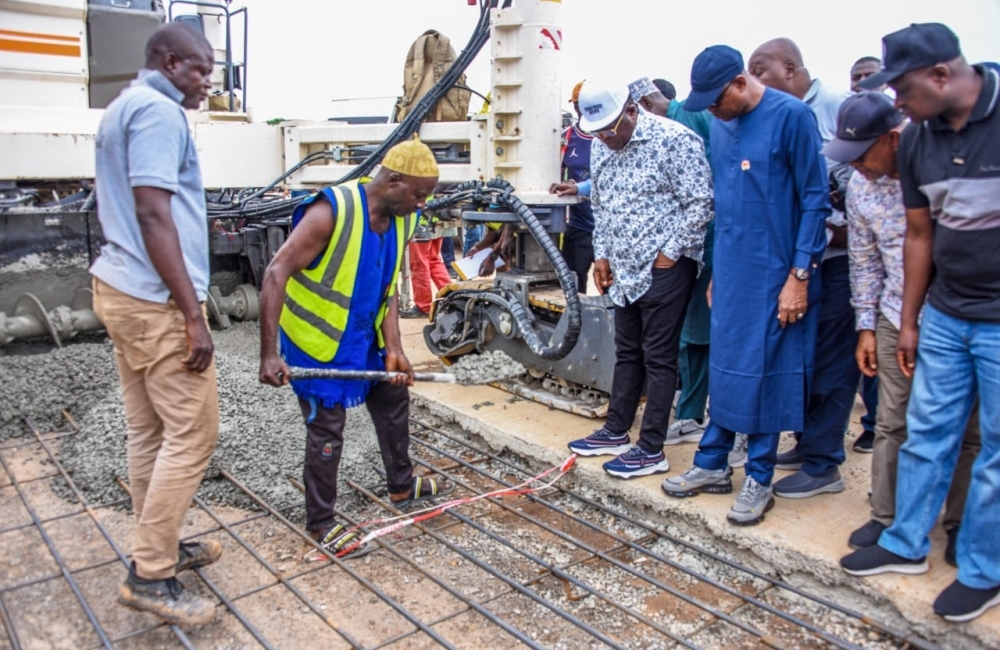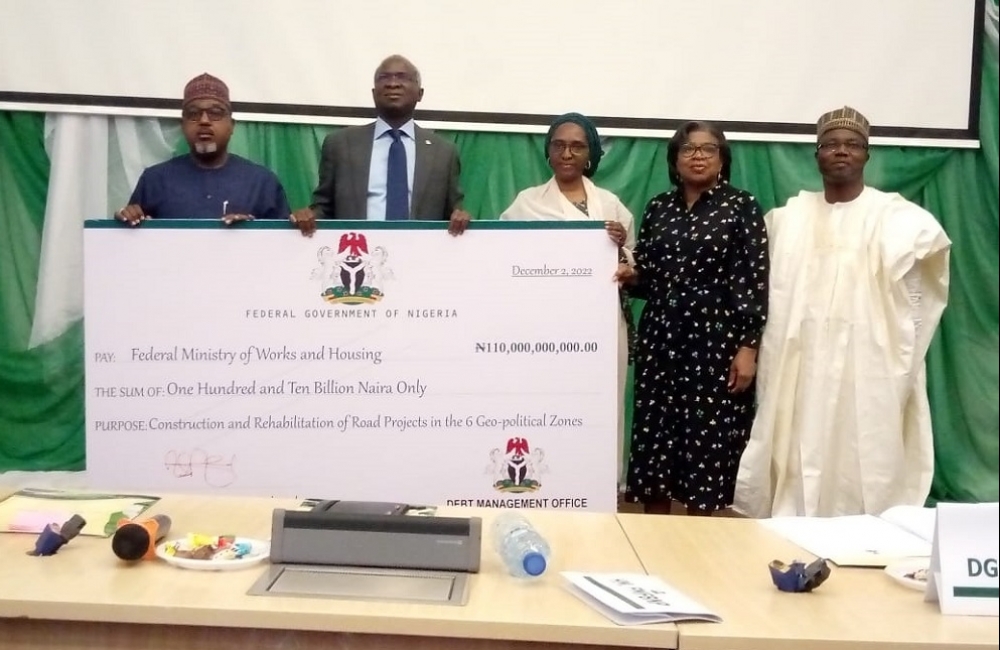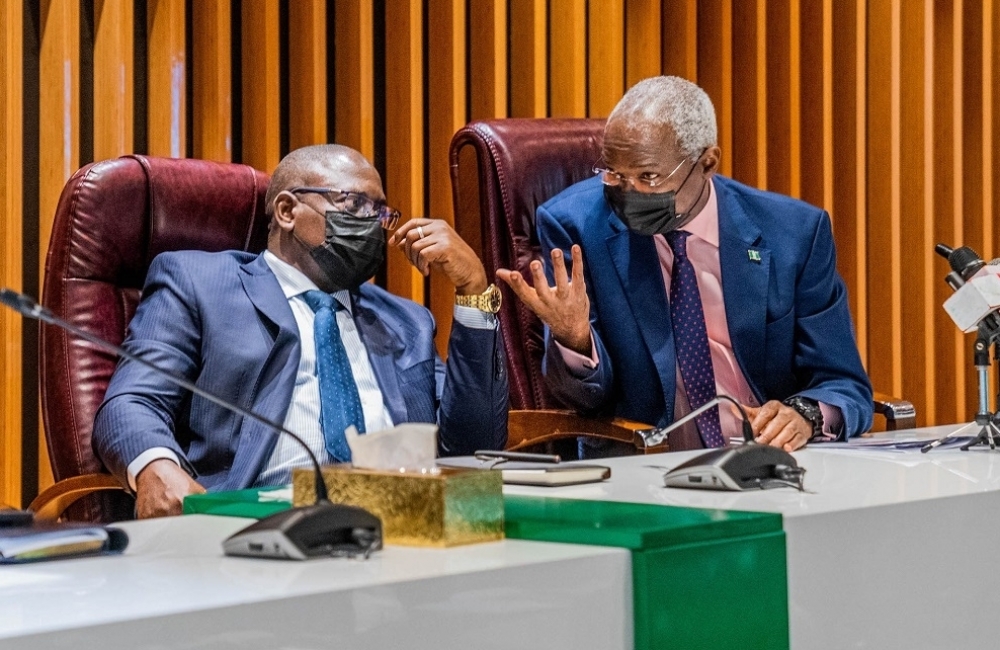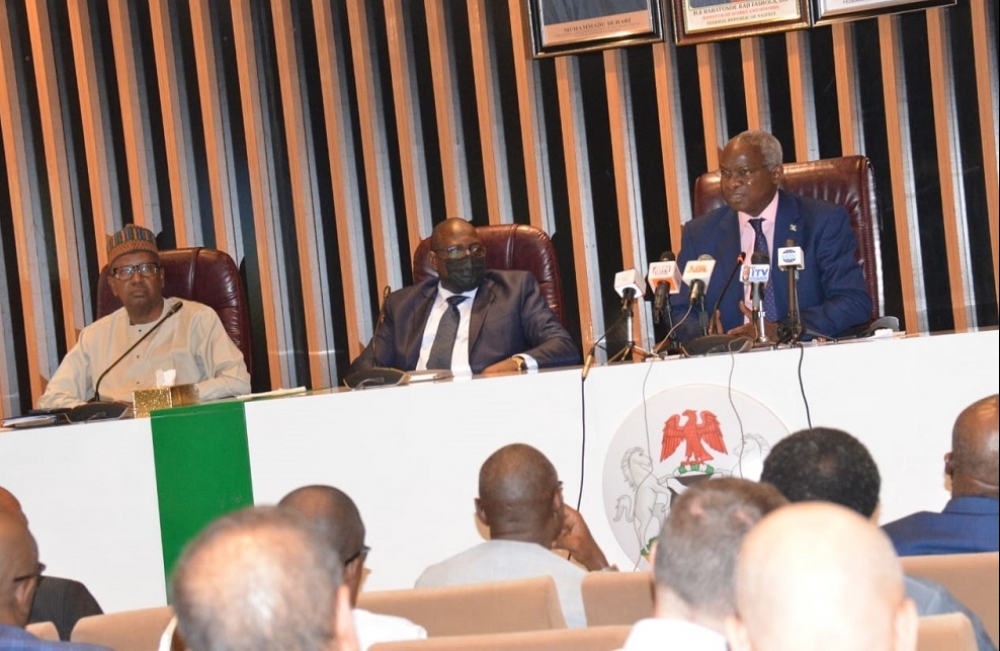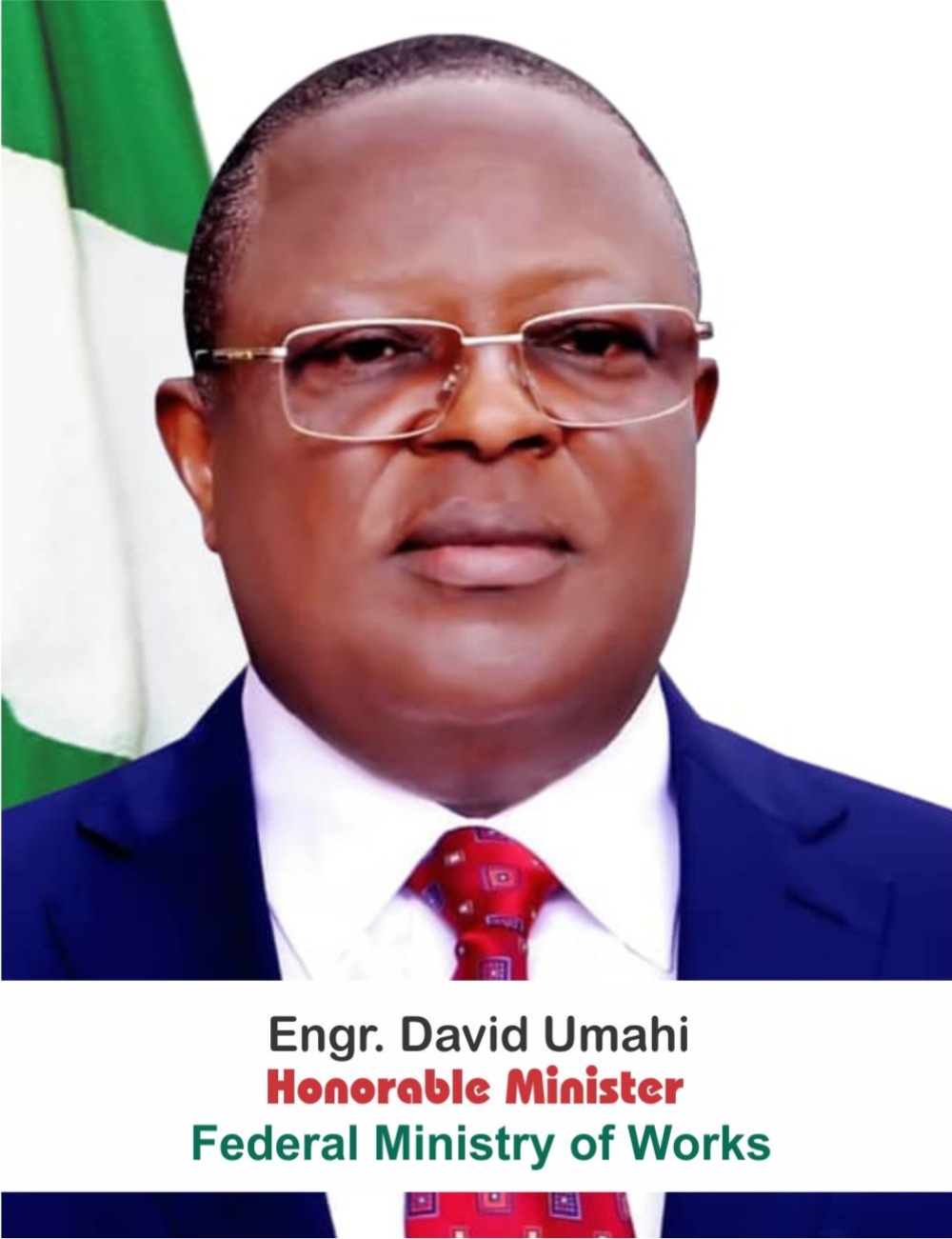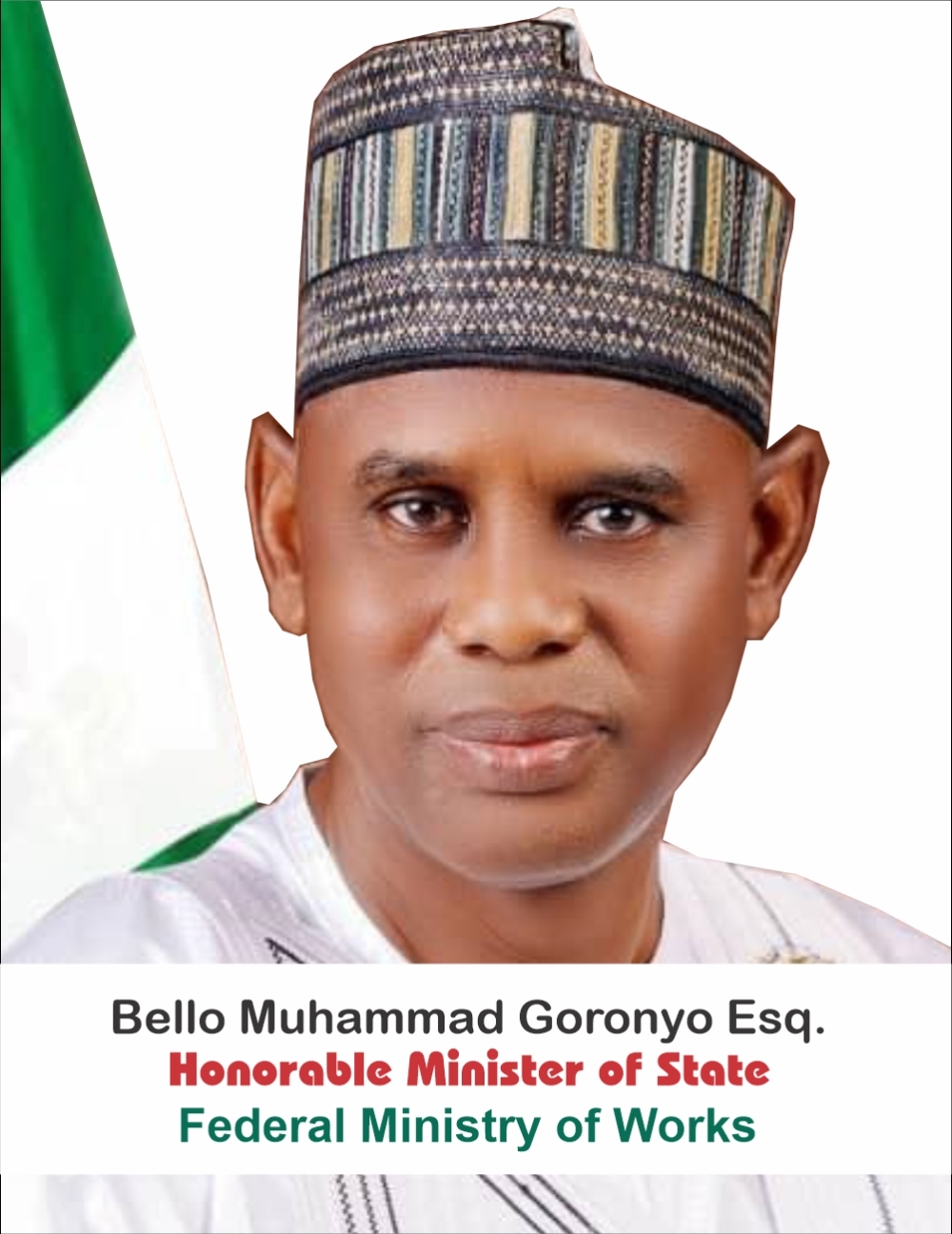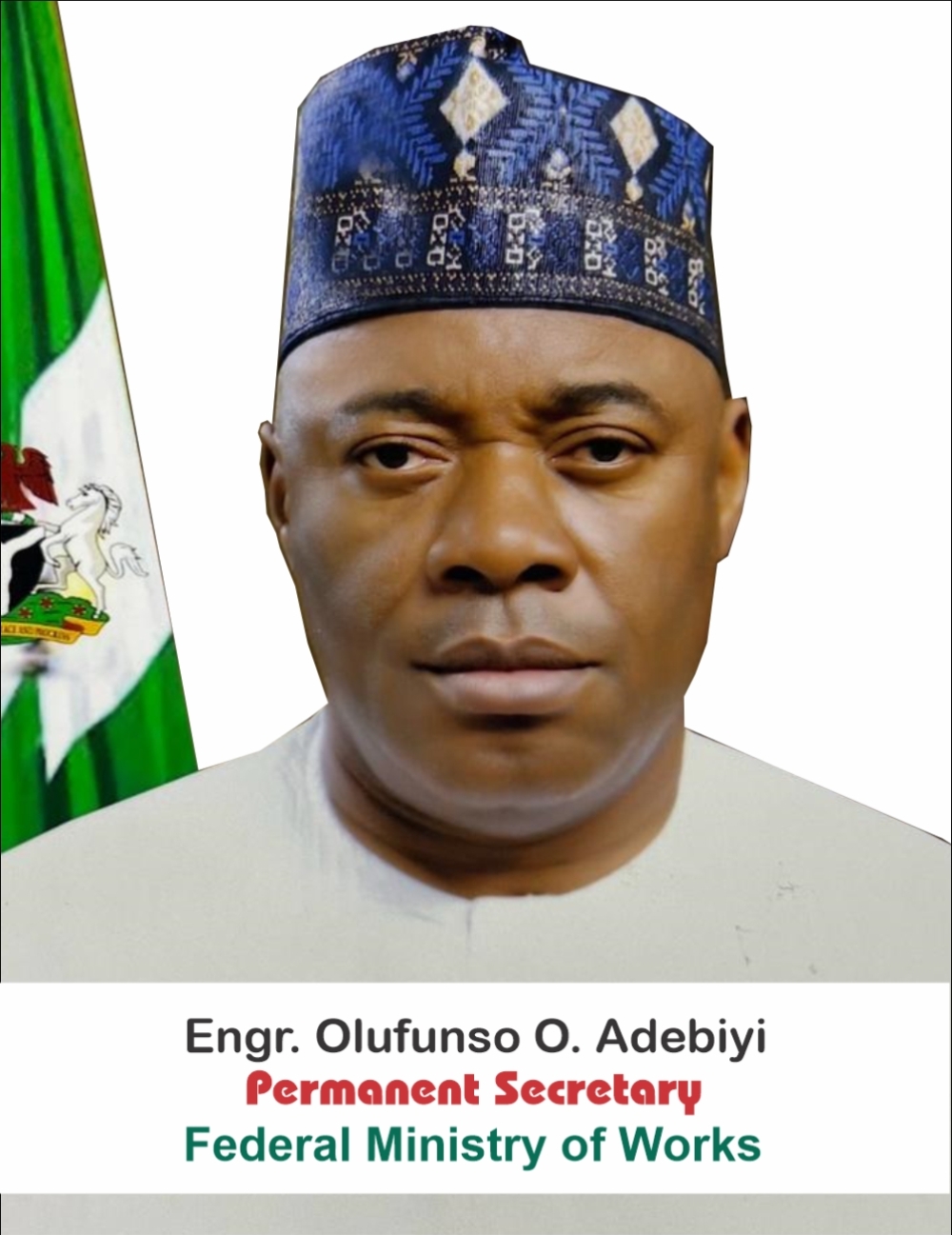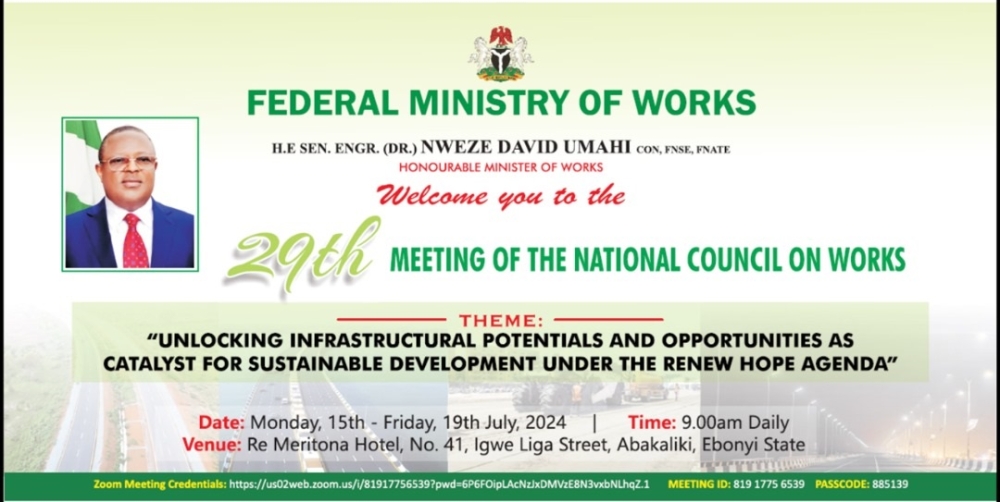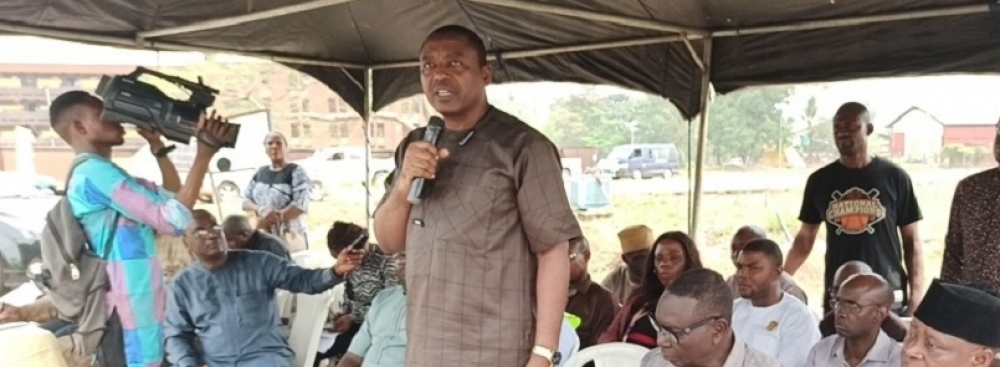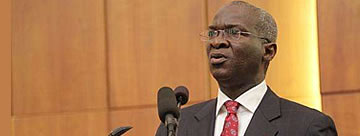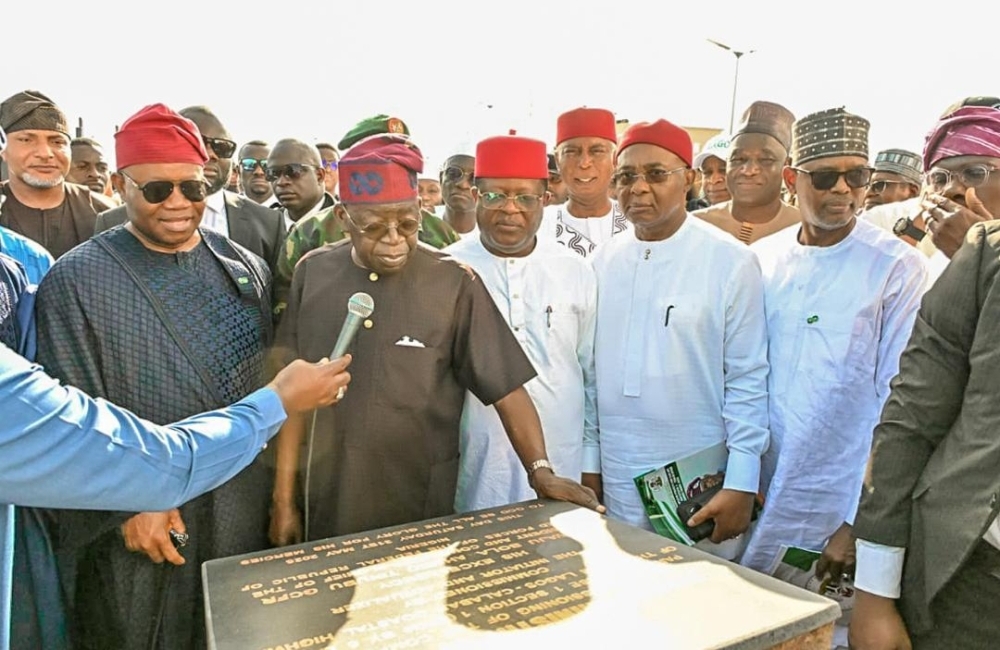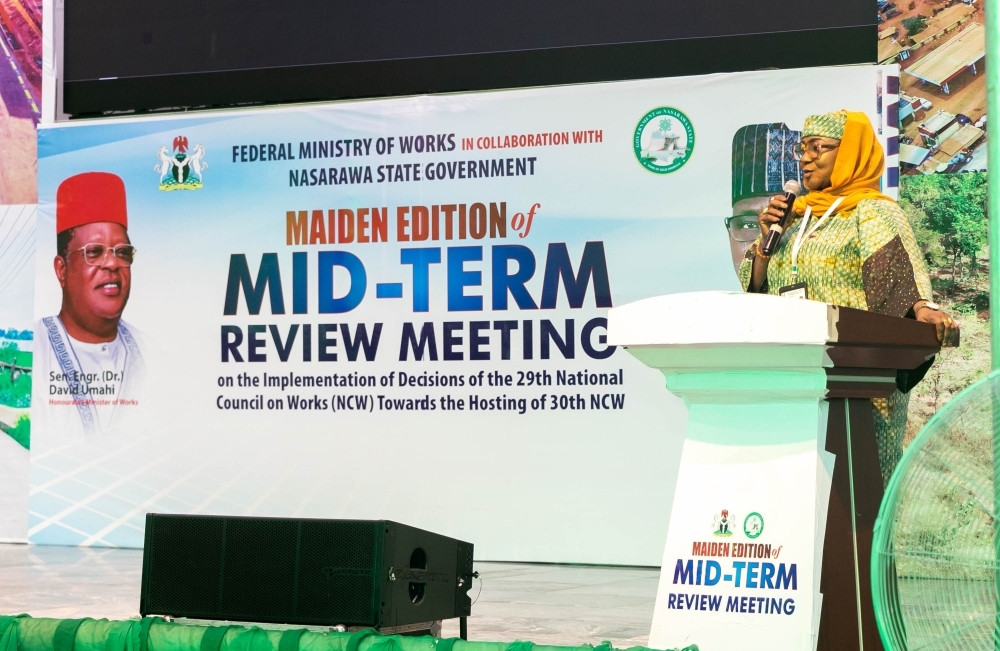Keynote Address Delivered By Babatunde Raji Fashola, SAN At The Africa Today Summit On October 17th At The Transcorp Hilton
TOPIC: The Outlook for Nigeria - Energy options in a Low-cost and Low Carbon World: Which Way Nigeria and Africa.
Distinguished Ladies and Gentlemen:
I apologise and regret my inability to be personally present and I welcome the compromise by Africa Today and Mr. Kayode Soyinka that I should be represented.
This is an important gathering that contributes to increasing the attention we pay to the critical role of electricity in our developmental aspirations.
Until about the last decade, we appear not to have paid enough attention to the need for more power, (and I dare say more water supply) even as our populations in and across Africa grew.
Yes, we were concerned about poverty and about growth, but we seem to have dwelt more overtly on them than on development.
Growth can occur in Economies as we have seen in commodities-driven economies when prices rise; but they do not necessarily bring about development which has a correlation with infrastructure, such as power.
It is important therefore to keep in mind the clear difference between Growth and Development; as I think most African economies, including Nigeria, are now doing as they focus on investing in Infrastructure especially power.
This summit is part of that focus and call to attention; and I am enthused to share not only my thoughts but our road map.
First let me start with the road map.
If you look at news reports in 1999, 2007, 2010 and 2011 in the first few months of the emergence of a new administration at our Federal Government level, you will see different statements of commitments to produce certain Megawatts of power ranging from 10, 20, to 40 thousand megawatts by a certain date.
None of those targets was met; but that is not the problem. The problem is that the scientific basis for deciding those targets was not explained.
I also know that what consumers want (and I am a consumer), is predictable energy when they need it.
Therefore, this time, we are not talking Megawatts, we are addressing a journey.
Our roadmap is to get incremental power because we do not have enough, make that steady, because that is what consumers want, and aim toward uninterrupted power through conservation, elimination of waste and use of technology.
We are currently at the Incremental Power stage of our roadmap, and megawatts are useful to demarcate milestones by showing that we started at a base of 2,069 MW in May 2015 which has increased to 6,911 MW in September 2017.
As recently as September 2017 we recovered and restored 100 MW to the grid from the Afam power station IV which had been out of commission since January 2015 due to a burnt transformer. Most of the power, until recently has been from gas fired turbines, and this is where I will proceed to address the OUTLOOK for Nigeria and opportunities for Renewable Energy in a low cost and low carbon world; as requested by Africa Today.
Let me be clear and unequivocal by saying upfront that our commitment as a Nation and Government to pursue renewable and low carbon energy at low cost is CLEAR, FIRM and UNSHAKING. But this is not all. It is a commitment driven by NECESSITY, CONTRACT and POLICY about which I will now speak.
NECESSITY
As I pointed out earlier, our take off point of available power in MAY 2015 was 2,690 MW. On the 22nd of May 1999, the amount of power on the grid was 2,345 Mw out of which 85% was gas fired power and 15% was hydro power.
This made us very vulnerable as a nation whenever there was a gas shortage or failure for any reason including wilful damage to Gas pipelines and assets.
This much was evident in 2016 when we had no less than 20 attacks on our Gas pipelines.
Our response of course has been to diversify our energy sources and optimize other assets for power production by producing an Energy Mix that targets a 30% component of renewable energy out of the Gross energy we produce by 2030.
That document also provides investment information about the areas where renewable energy such as solar and hydro are most prolific.
We have also matched our intent with actions such as signing 14 solar Power Purchase Agreement (PPAs) with 14 Developers with the potential to deliver over 1,000 MW of solar power.
We have resolved problems that stalled work at the Zungeru 700 MW hydro power plant with a new completion date of 2019 and we have also now awarded the 3050 MW Mambilla hydro power plant after over 40 years of its initial conception.
In addition, we are in advanced stages of procurement for 6 small hydro dams for private sector operation. What remains therefore is the faithful implementation of these projects to bring on stream their stock of renewable solar and Hydro Power.
Even before all these other sources of renewable power come on stream, we are seeing better results through maintenance, repairs and investment in the hydro power plants.
On the 22nd of May this year, the percentage of hydro power on the grid has gone up to 26% from 15% that it was in May 2015 and the gas fired power has reduced proportion now respresents 74% of our energy mix from 85% in the same month in 2015, even though total power has increased.
This is progress that we must sustain to get more renewable energy
CONTRACT
In addition to the necessity to diversify our energy sources from Gas and provide some energy security, we are also driven to pursue renewable energy by contract.
You will all recall that Nigeria is one of the early signatories to the Paris Climate Change Agreement, which signatories were committed to low carbon energy sources as a contribution to helping the global community protect our climate.
The Solar and Hydro projects I have referred to are parts of our contribution to this global commitment. We have also moved to seek to improve efficiency by completing the Energy Efficiency Building Code that will form part of our National Building Code, to help us develop energy efficient buildings and reduce our carbon foot print.
POLICY
Beyond necessity and contract, our commitment is driven by policy embedded in the Economic Recovery and Growth Plan (ERGP), where one of the 5 pillars is Energy sufficiency in power and petroleum products.
As far as the power component of this Pillar goes, while we have expanded the National Grid capacity for on- grid power from 5,000 MW in 2015 to 6,900 MW in September 2017, we are mindful that quick access to power will be easier to achieve by off-grid connections.
Therefore, through the Nigerian Electricity Regulatory Commission (NERC) we have issued mini grid Regulations to guide registration and licencing for small consumers and off-grid developers seeking to produce up to 100 kilowatts and over 100 kilowatts and up to 1 megawatts respectively.
This is already producing results as more people are now developing their own grids or developing to supply others without connecting to the National grid.
As a conscious measure to incentivize developers, the national policy for pioneer status has been revised by the Ministry of Industry Trade and Investment and approved by the Federal Executive Council to include solar panels, solar Home Systems, light emitting diodes, batteries other components that support solar systems which can be manufactured in Nigeria.
Finally, I will like to also state that the Buhari Administration has approved and started the implementation of Rural Electrification Strategy and Plan for Nigeria in 2017 and constituted the board and management of the Rural Electrification Agency early this year.
Their mandate is to champion and drive rural electrification and penetration with the bias to use solar and mini grids. This should have been done since 2006, one year after the Electric Power Reform Act was passed in 2005.
Ladies and Gentlemen, this is the outlook of renewable energy in Africa and the options we have chosen in pursuit of low cost and low carbon energy.
I am confident that we can deliver on what we have conceived, planned and are implementing. I therefore now have the pleasure to declare this summit open and invite you to join us in the implementation of and delivery of our commitments.
Babatunde Raji Fashola, SAN
Honourable Minister of Power, Works and Housing
Tuesday October 17th 2017
